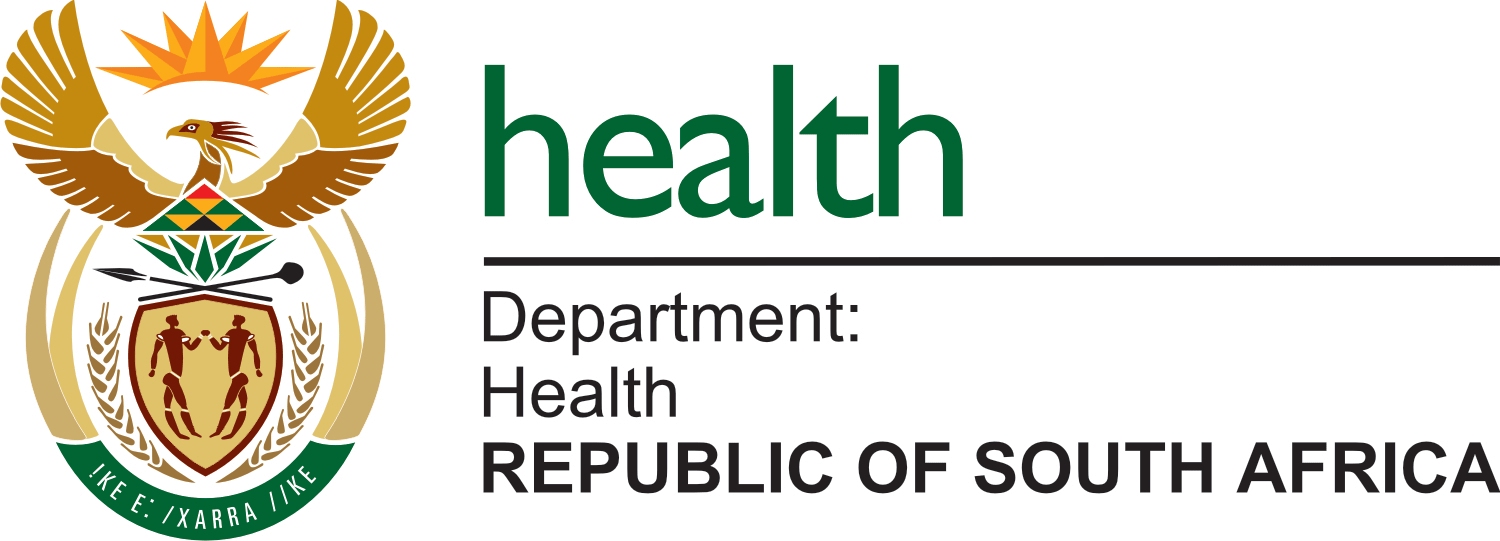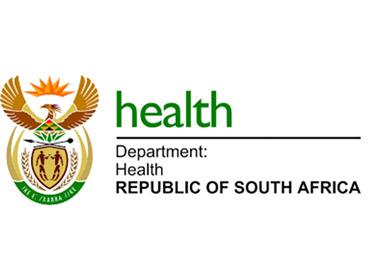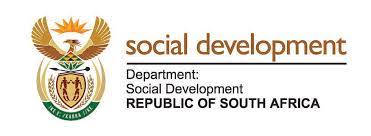Tag: South African Policy/Plans
2022/23 Annual Performance Plan NDoH
The action plan for the Department of Health for 2022-23 Programme 3 deals in very small part to NCDs
Framework & strategy for disability & rehabilitation services in South Africa 2015-2020
Another disability policy for South Africa, this time NDoH and not DSD expired in 2020. Looking for the review...
Obestity prevention and control strategy South Africa 2015-2020
The expired obesity strategy 2015-2020 is currently under revision in 2022/23 APP
1st meeting of the National Consultative Health Forum NDoH 2006
Way back when Dr Tshabalala Msimang was minister of health and the first "consultative" health forum. 2006. H...
2015 Rights of persons with disabilities White Paper.
There has been no advance on this policy since the gazetting of the White Paper in 2016. Health equity is a m...




